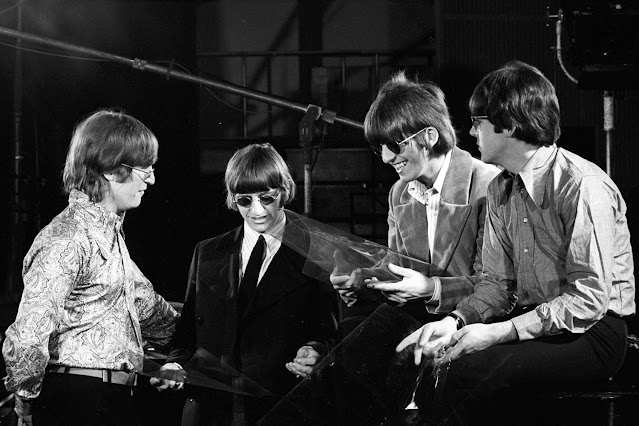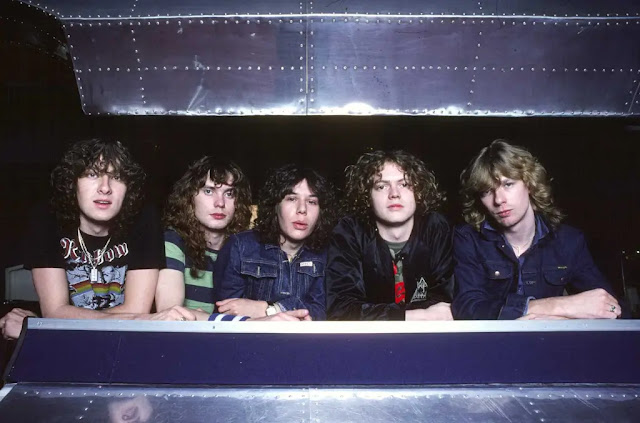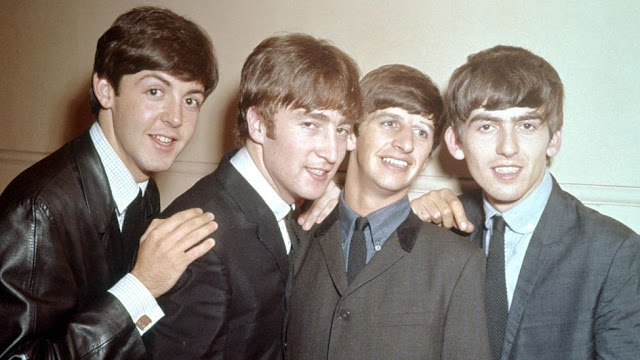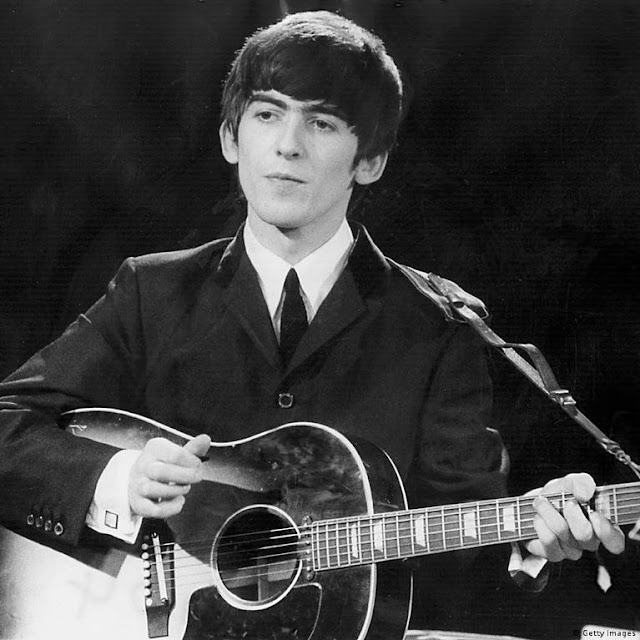Revolver Revolution: Innovative Sounds on The Beatles Album
In August 1966, The Beatles released an album that changed the face of popular music - "Revolver". This album, considered a rock classic, was a testament to the evolution of the Liverpool band from creators of simple, catchy songs to pioneers of experimental sounds and recording techniques that changed the world of music forever.
Revolution in the Studio
"Revolver" marked a breakthrough for The Beatles in using the recording studio as a creative tool. The band, along with producer George Martin and sound engineer Geoff Emerick, experimented with a variety of techniques. They introduced innovations such as tape loops, multi-track recordings, and special effects such as tape acceleration and deceleration.
Psychedelic Sounds and World Influences
The influences of Indian music are characteristic of "Revolver", which can be heard in the song "Love You To" by George Harrison. The use of the sitar and other traditional Indian instruments introduced new, exotic sounds into Western music. The experimental and psychedelic "Tomorrow Never Knows" was equally groundbreaking, with influences from electronic and avant-garde music.
Lyrical Maturity
The lyrics on "Revolver" also show the band's maturation. From reflections on death in "Eleanor Rigby" to socio-political commentary in "Taxman," The Beatles touched on topics far beyond simple love lyrics.
Legacy and Impact
"Revolver" is often cited as one of the most important albums in music history. His experimental approach to music production and arrangement opened doors for future generations of artists and producers. This album not only influenced the development of psychedelic rock, but also many other musical genres.
In summary, The Beatles' "Revolver" is not just a collection of songs, but a manifesto of creativity and innovation that ushered in a new era in popular music. His influence is still felt today, and his sounds and ideas continue to inspire musicians around the world.




Komentarze
Prześlij komentarz